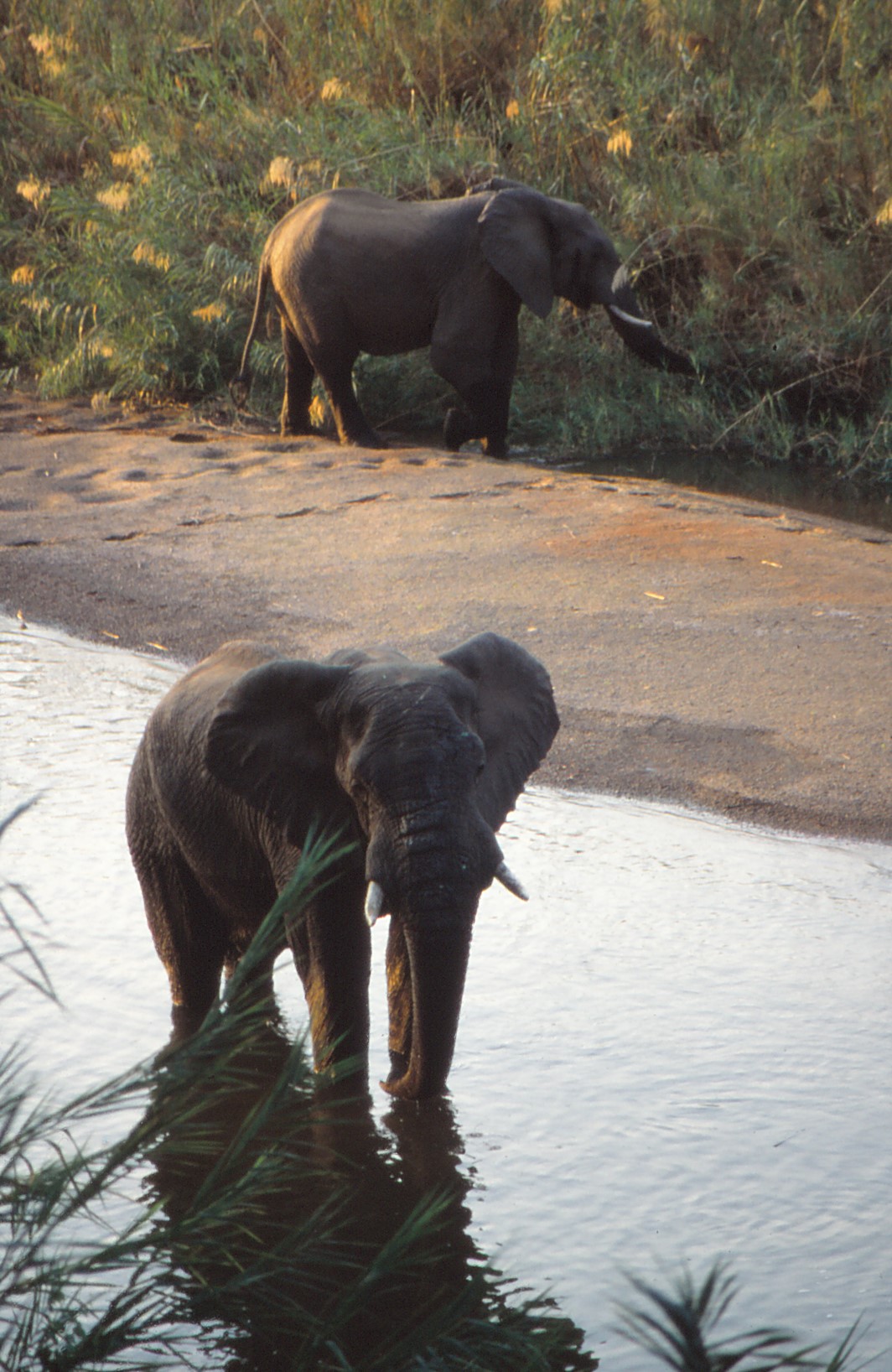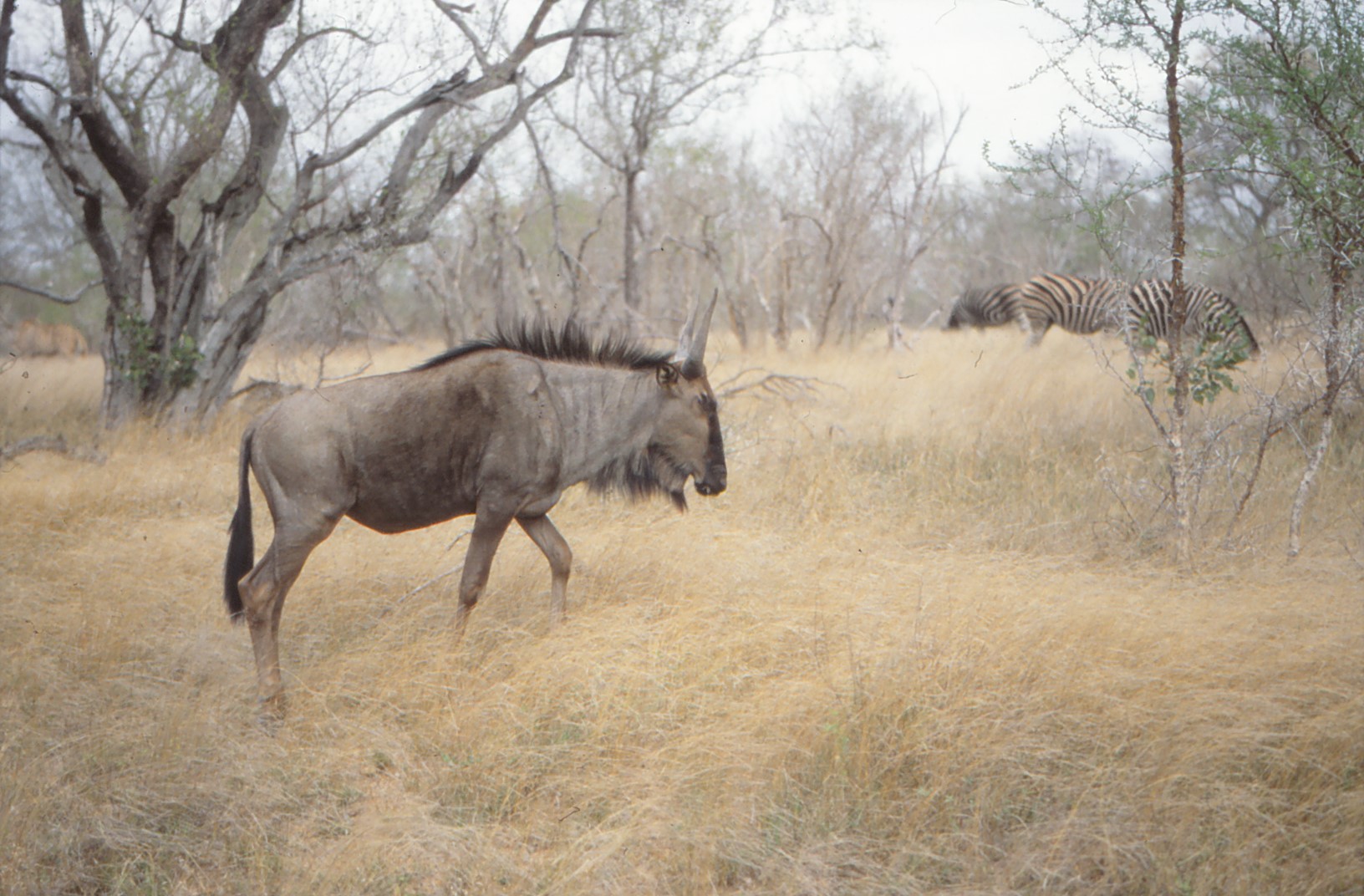Coronavirus pandemic signifies the end for greedy globalism but should be the starting point for sustainable globalismSunnuntai 10.5.2020 klo 17.35 - Mikko Nikinmaa Looking at the figures showing, how coronavirus is spreading in the world, one cannot but come to one conclusion. The situation is rapidly becoming worst in countries with populistic leaders who preach nationalism. Also, most indicators of world’s present problems show that the greedy economic globalism has failed miserably, and is contributing to the possible rise of next pandemic, climate change, immigration and environmental pollution. On the other hand, the coronavirus pandemic has shown that the world is one entity, regardless if we want it or not. Currently the virus has spread to 212 countries, and the fact that one can travel from the most remote part of the world to any centre means that the only way to avoid the spreading of this or future pests is complete isolation from the rest of the world. From this I can reach only one conclusion: the only way to have acceptable future is to start sustainable globalism. A starting point for sustainable globalism is that human population growth must be stopped, and should actually start to decrease. This is already happening in several rich countries, but it is invariably presented as a huge problem threatening the future of the nations concerned. The population growth mainly occurs in poor nations, which were for a long time under colonial rule. Because of this, any efforts originating from the industrialized countries to curb population growth are easily viewed as tries to re-establish colonial rule. As long as the efforts are seen as the rich countries’ effort to maintain their wealth, this is an unavoidable conclusion. Thus, curbing population growth cannot succeed, if nationalistic attitude prevails: it requires understanding that it is needed for global health. Consequently, the global wealth inequality should be decreased. Decreasing wealth inequality is largely correcting colonial injustices, which persist even today. One cannot say that the currently poor areas like Africa would be poor because of their lack of natural resources. They are poor, because the resources are not used for their benefit, but profit usually multinational companies based in rich countries. This is also true for both manufacturing and agricultural production. With regard to agricultural production, poor countries often cultivate plants which are exported to rich count The third part of changes, which are required in order to combat one of the grave problems, the climate change, is to stop using fossil fuels. I don’t go further in detail to it, because the two directions above will immensely help in achieving that goal, and because there are already several technological possibilities for the required change. Why should we then do all of this? The answer is really simple: I suppose we want our children and grandchildren to be able to live in an open society. If this is our hope, we must be able to decrease the likelihood of viral transmissions from animals to humans. They have increased in frequency in recent years, because increased human population decreases the space available for animals, and consequently animal-human interactions increase. Vegetarian diet is not a solution, because direct animal-human transmissions remain a possibility. In addition to avoiding zoonosis, sustainable globalism would also decrease migrations and environmental pollution and combat climate change. |
|
Kommentoi kirjoitusta. Avainsanat: climate change, migration, population growth, economic growth, wealth inequality, environmetal pollution |
Coronavirus Pandemic and Climate Change are Different Facets of the Same Problem: the Overuse of the EarthPerjantai 17.4.2020 klo 19.29 - Mikko Nikinmaa Coronavirus Pandemic and Climate Change are both different aspects of the same problem: our overuse of the Earth. Further, neither problem can be solved thinking nationally: both viruses and pollutants cross national borders with no problems. Even if hermetic closure helps to limit the spread of the current Coronavirus, without solving the problem with the overuse of the Earth there will be a next virus attacking man in the future. It is not by accident that there have been several worries about pandemics in 21st century, Ebola, SARS, swine flu, at the same time that clear Climate Change signs have been seen. Hitherto international cooperation has enabled us to avoid the worst possible outcome of the diseases, but this time it appears that the ongoing surge of nationalism has meant that instead of thinking what would be the best way to combat Coronavirus globally, one has resorted to national solutions. The overuse of the Earth can be divided into three components, which all must be addressed in order to avoid future pandemics and combat climate change. The three components are population growth, excessive consumption by the rich and inequal wealth distribution. Quite often when one discusses with some climate activists, they claim that including population growth is virtually racism, as it “blames” the world’s poorest, who have caused little of the climate problem. On the other hand, some people from rich areas maintain that the climate problem is solely caused by population growth, as the use of fossil fuels in for example Europe has decreased for the past 30 years. Both are wrong, because they come together as a result of wealth inequality. The reason why population growth is an ultimate problem for both Coronavirus Pandemic and Climate Change is manyfold. There are now about eight billion people living on the earth. The sheer number of people inevitably leads to increasing portion of the Earth to be used for human habitation and food production. Agricultural practices have led to land deterioration – loss of fertility and erosion, which increasing amount of land is needed to feed people, and this need is compounded by the population growth. As a result, natural habitats are changed to human use, which means both that the carbon dioxide sinks of forests decrease and that animal biodiversity gets smaller. Also, wild animals have less space and must increasingly be in close proximity to humans and domestic animals. At present, the total biomass of humans exceeds that of wild animals and the biomass of farm animals is far greater. Further, humans everywhere like to eat meat, and in most places the only way to get meat unspoiled to the customers is to have animals alive until someone buys their meat. The animals, which are sold are often wild homeothermic animals, birds and mammals. Zoonosis – a disease transmitted from animals to man – is a bacterium or virus of birds or mammals, which mutates enough to enable transmission to humans. The vegetarians naturally point out that if eating meat were stopped, both the possibility of zoonoses would disappear and climate change be reduced. Zoonosis risk would decrease markedly, but not disappear, since wild animals would still be in close contact with humans because of the diminishing area of natural environment. Although rich countries at present are decreasing their carbon dioxide emissions, the present use of Earth’s resources is severalfold compared to poor areas. Further, to reduce costs, a lot of the cultivation of plants in poor areas are done to produce goods for rich nations. The cotton and avocado cultivation uses most of the water in arid areas and is almost exclusively done for export to rich nations, and the sales do not benefit the local population. Also, the rich nations export much of their wastes like plastics and metals to poor countries, where they somehow disappear (and are found in, e.g. plastic waste gyres of the oceans); the companies from rich countries make profits on products (e.g. clothes) manufactured in poor countries with virtually no pollution control. In conclusion, we in rich nations owe a lot of our wealth to the poor areas. Consequently, we cannot say that they would not be allowed to want to have similar standard of living as we do. This leads to the final part of the problem, wealth inequality. Correcting that is needed both to reduce the risk of future pandemics and to combat climate change. We in rich nations could easily decrease our resource use and consumption, as the present Coronavirus lockdowns indicate. The decrease could be transferred as wealth to poor areas, and the technological progress used to help everyone. If we continue with our greedy economic globalism or resort to nationalistic policies the humankind, even we rich, goes under either because of another pandemic or climate change. |
|
Kommentoi kirjoitusta. Avainsanat: population growth, wealth inequality, biodiversity, zoonosis |

 ries and do not feed the local population. Furthermore, the production is largely owned by companies residing in rich countries. When agricultural production is largely exported, the poor countries end up as importers of food required by the local people. With regard to industrial production, much of it is done for export. Again, the companies are largely parts of multinational ones with headquarters in rich countries. The reasons for production in poor countries is first that the salaries are very low, but also that environmental standards required for production in rich countries need not be followed whereby production costs are minimized. This type of cutting cost is the greedy economic globalism, which the true sustainable globalism should do its utmost to fight against. The solution to decreasing wealth inequality is actually quite simple. All the products from poor areas are priced as if they were produced in rich countries, and the difference in the present and future price is given to (especially women’s) education, improving the environmental standards of production and salaries. The funds cannot be given directly to the governments of the poor nations, because they are (unfortunately) often corrupt, and would just use the funds for their own benefit instead of using them for the benefit of the people.
ries and do not feed the local population. Furthermore, the production is largely owned by companies residing in rich countries. When agricultural production is largely exported, the poor countries end up as importers of food required by the local people. With regard to industrial production, much of it is done for export. Again, the companies are largely parts of multinational ones with headquarters in rich countries. The reasons for production in poor countries is first that the salaries are very low, but also that environmental standards required for production in rich countries need not be followed whereby production costs are minimized. This type of cutting cost is the greedy economic globalism, which the true sustainable globalism should do its utmost to fight against. The solution to decreasing wealth inequality is actually quite simple. All the products from poor areas are priced as if they were produced in rich countries, and the difference in the present and future price is given to (especially women’s) education, improving the environmental standards of production and salaries. The funds cannot be given directly to the governments of the poor nations, because they are (unfortunately) often corrupt, and would just use the funds for their own benefit instead of using them for the benefit of the people. Climate Change would be combatted, as the carbon footprint of meat production is much larger than if vegetarian diet is used. One must remember, though, that eating fish or shellfish or terrestrial poikilotherms has only slightly higher carbon footprint than vegetarian diet. Also, there are currently no known transmission of microbial pathogens from poikilothermic animals to humans.
Climate Change would be combatted, as the carbon footprint of meat production is much larger than if vegetarian diet is used. One must remember, though, that eating fish or shellfish or terrestrial poikilotherms has only slightly higher carbon footprint than vegetarian diet. Also, there are currently no known transmission of microbial pathogens from poikilothermic animals to humans.